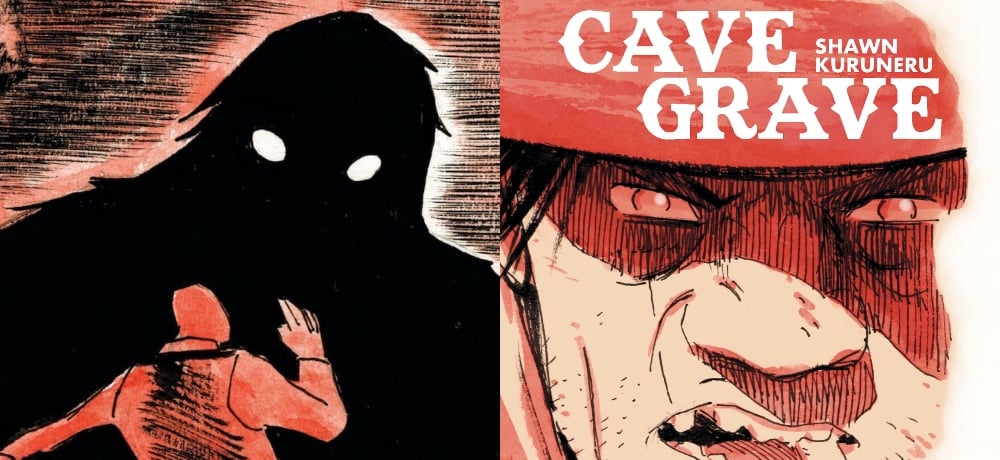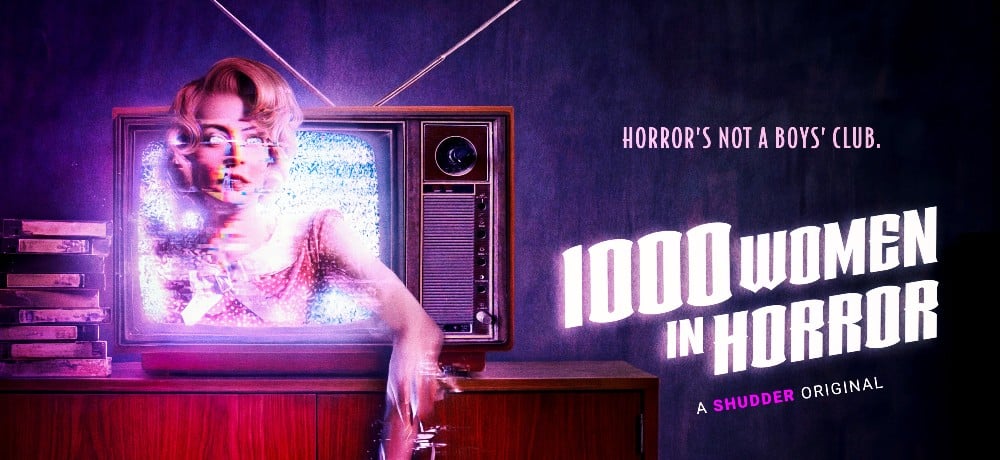





There are certain horror films you just love. Weird, offbeat, horrible puzzle boxes that, by all rights, have no logical reason to exist, and yet there they are. And then, there’s Beyond the Door (1974), an Italian / American co-produced quasi-Exorcist treatise that burns down that particular sacred house, stomps on the ashes, and pisses on the embers before speeding off in its Ferrari. If you found The Exorcist too restrained, we may have just become best friends.
Beyond the Door is also known as Chi Sei?, Who Are You?, Behind the Door, The Devil Within Her (not to be confused with the Joan Collins vs. satanic little person shocker) and various other titles it was given in an effort, I’m assuming, to avoid Warner Brothers’ legal department (they can’t catch us if they can’t find us!). Back then, Warner Bros. was on the hunt for any horror property that they felt ripped off their box office megahit The Exorcist. They successfully managed to extract William Girdler’s Abby (1974) from theaters within a few weeks; however, the courts shot down an attempt to do the same with Beyond when it opened in July of ’75 stateside. (It opened in its native land of Italy in November of ’74.)
It’s easy to understand why WB tried to shut down these properties. The public had a craving for demonic possession flicks (Abby was doing amazing business before it was choked out of the market), and would take whatever was thrown their way. Case in point: Beyond the Door, made for a mere $350,000 US, brought in $15 million. (The power of commerce compels you!)
But what about art, you say? It’s there, I swear, in splotchy pockets spread out amongst the 109-minute runtime. But first, for those unfamiliar with the story, it goes something like this:
Dimitri (Richard Johnson – Zombie) is a Satanist who asks the devil for an extra ten years to live just as he’s about to die in a horrible car crash (orchestrated by Satan himself, natch). His wish is granted, but in return Satan requires his services. Dimitri must ensure that the spawn of Scratch is born to a San Franciscan woman, Jessica (Juliet Mills – Waxwork II: Lost in Time), so that it can—I dunno—rule the world, I guess? (There’s a lot of guesswork here.)
Naturally, Dimitri and Jessica were lovers long before she settled down with Robert (Gabriele Lavia – Deep Red) and birthed two of the weirdest kids in Italian horror history. Jessica’s pregnancy develops with an alarming acceleration, and the lil’ devil inside her causes all kinds of trouble, including, but not limited to: levitation, head spinning, salty language, and copious amounts of vomit. Sound familiar? Sure. But I don’t think Regan made toys come alive, or cause a plate of cake to crash into a ceiling. (Take that, Friedkin!) So, mayhem ensues, maybe Jessica lives (?), THE END.
The biggest difference storywise between this and The Exorcist is that there really is no clear protagonist. You don’t really care about Jessica. She turns nasty quite early in the proceedings and that’s that. Dimitri is on hand to save his own ass, and Robert shows no fortitude at all. There’s no good vs. evil here, no exorcism, no hope. Beyond is a great example of that grim, self-absorbed, ’70s horror palette. And it so wants to be epic (having seven (!) credited screenwriters will do that), but it instead has to settle for epically strange in that uniquely Italian way.
Director Ovidio G. Assonitis (Tentacles), aka Oliver Hellman, certainly aims for that ever-elusive muse, that sweet spot of eerie and grounded that makes the best possession flicks sing. He never finds it, because there is no reality here to cling to. However, he does serve up a few moments of eeriness that equal that of its more famous counterpart. One of the very first scenes has a naked woman lying on a glowing altar as her face slowly morphs into Jesus Christ’s visage and back again. It’s a striking image, and there are others, too: Jessica hovers above her bedroom floor, the kids are attacked by their toys in an earth-shaking scene, and Jessica’s possession makeup is quite effective. All of these good things are undercut by the familial drama concerning a) the love triangle between Robert, Dimitri, and Jessica, and b) the kids. But in Beyond the Door, the drama is where all the weird fun is.
Robert is probably one of the most passive fathers and husbands in cinematic history. When Dimitri steps in to tell him he and Jessica were lovers, that her baby must be born (even though it’s the cause of all their woes), and that he’ll be taking over now, Robert immediately concedes and lets Dimitri run the show. What’s the hip slang they use these days? A cuck? Let’s go with that. And the kids are borne of the same great tradition as Bob from The House by the Cemetery and Michael from Burial Ground; almost nothing they say or do remotely relates to a child’s true behavior (I’ll let Michael off the hook, as he was played by an adult actor—which, true to form, actually ups the odd).
Gail and her younger brother Ken tend to talk a blue streak, and by that I don’t mean they talk a lot, I mean they’re filthy. Gail curses at her parents, teaches Ken to call their dad an asshole, and ends up being slapped almost unconscious by Jessica for her troubles. (The power of child services compels you!) And the quirks they’re given… Gail totes around several copies of Erich Segals’ Love Story, and Ken is obsessed with Campbell’s green pea soup (we first see him drinking it through a straw)—a great joke aimed right at The Exorcist. (A good sense of humor makes the film even more endearing.)
The acting is as overwrought as expected; how could it not be with this material? Johnson and Mills really get into satanic soap opera territory, especially during the finale when the devil, speaking through Jessica, demands Dimitri to rip the baby from her coochie-coo.
What I’m trying to say is this: why make a solemn and serious film in the wake of Friedkin’s classic? He got dibs on the sublime; Assonitis settles for the ridiculous. And if the mood catches your fancy (I know it will), so will you. Oh, PS—I forgot to mention that Satan narrates the film. Why aren’t you watching yet?
Next: Deadly Pleasures: SEED OF CHUCKY (2004)